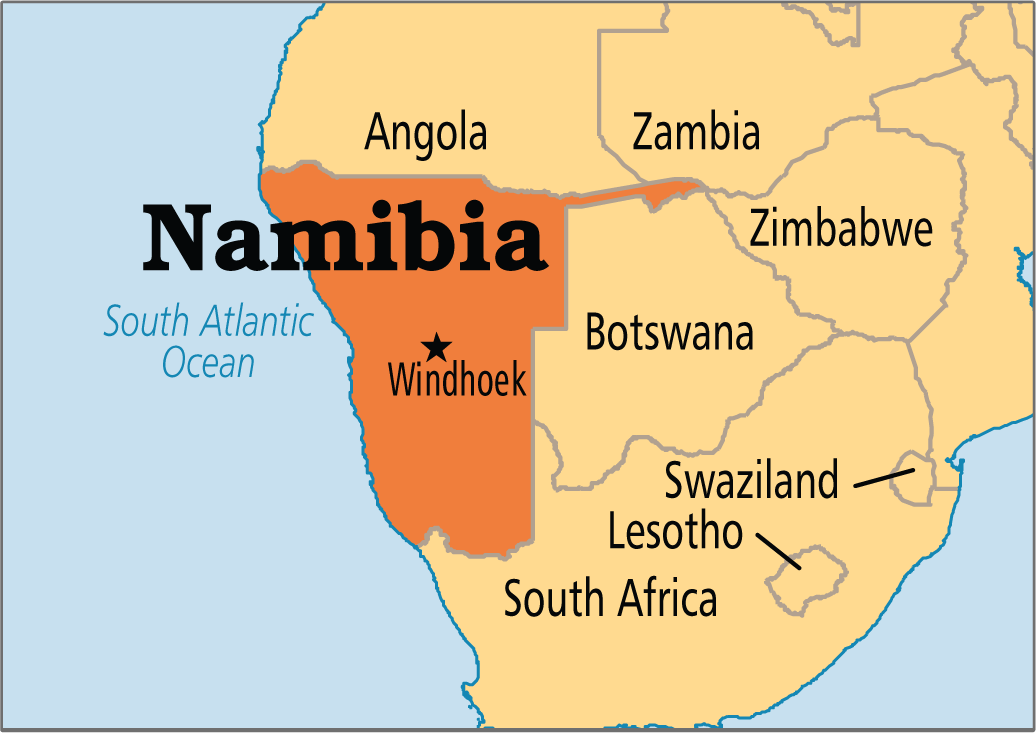The relationship between Israel and Africa has undergone significant transformations since the establishment of the State of Israel in 1948. Initially characterized by limited engagement, the ties between Israel and African nations have evolved over the years, encompassing diplomatic, economic, and cultural dimensions.
In the early years following Israel’s creation, the country faced isolation in the international arena, and its efforts to establish diplomatic ties with African nations were met with mixed responses. Some African countries, inspired by shared post-colonial struggles, established diplomatic relations with Israel, while others sided with Arab nations, leading to periods of strained relations.
Cooperative Initiatives Amid Political Challenges
Despite political tensions arising from the Arab-Israeli conflict, Israel engaged in various cooperative initiatives with African nations during the 1960s and 1970s. These efforts included agricultural projects, technological exchanges, and military assistance, reflecting Israel’s desire to contribute to African development.
Diplomatic Isolation and Reconciliation
During the 1980s and 1990s, several African countries severed ties with Israel under political pressure. However, the end of apartheid in South Africa and the Oslo Accords in the Middle East led to a diplomatic thaw. Israel rekindled relations with African nations, with an emphasis on economic cooperation, technology transfer, and joint development projects.
Renewed Partnerships and Shared Interests
The 21st century witnessed a notable reinvigoration of Israeli-African ties. Israel expanded its diplomatic outreach, establishing relations with more African countries. Common concerns, such as counterterrorism, water resource management, and agricultural innovation, became focal points of collaboration. Israel’s expertise in technology and innovation found resonance with African nations seeking solutions to their developmental challenges.
Bilateral trade and economic cooperation have flourished in recent years. Israel’s expertise in areas such as agriculture, water management, and cybersecurity has been sought after by African nations. Both sides have recognized the mutual benefits of fostering economic ties.
Israel has engaged in a series of diplomatic initiatives to strengthen ties with Africa. This includes high-level visits, diplomatic missions, and participation in regional forums. Israel’s quest for support in international forums and African nations’ desire for diversified partnerships have contributed to these diplomatic overtures.
Efforts to enhance cultural exchanges and people-to-people connections have played a crucial role in fostering understanding between Israeli and African societies. Educational programs, cultural events, and youth exchanges contribute to building bridges between the two regions. The growing collaboration in economic, diplomatic, and cultural spheres underscores the potential for a mutually beneficial partnership. As both regions face common global challenges, the Israeli-African relationship is poised to continue evolving in the quest for shared prosperity and stability.


